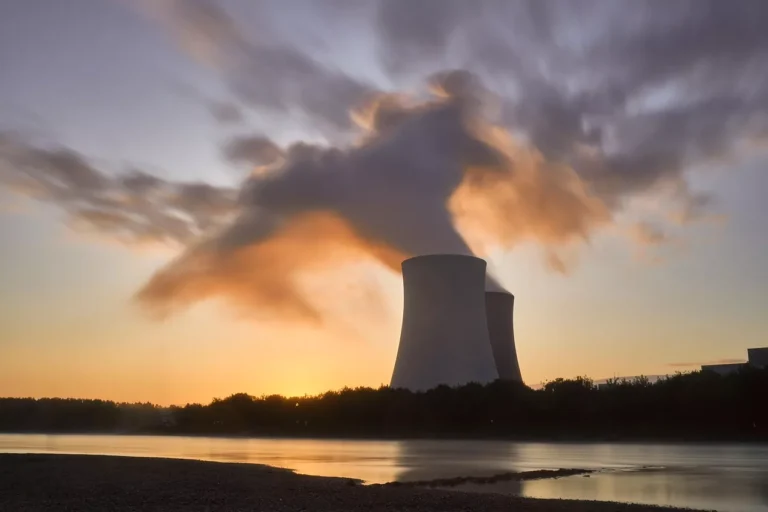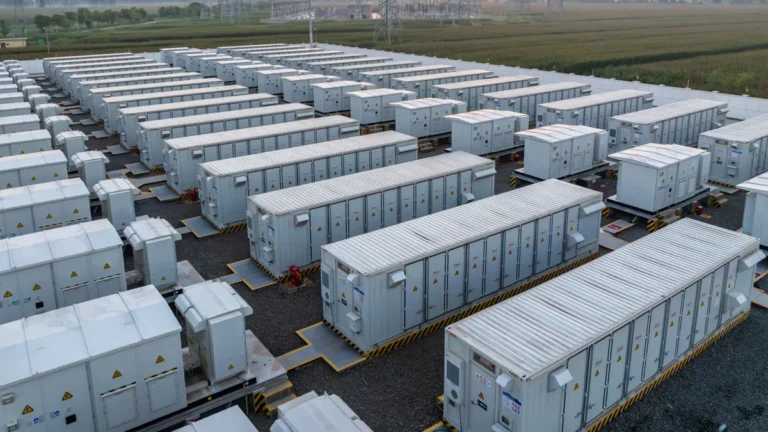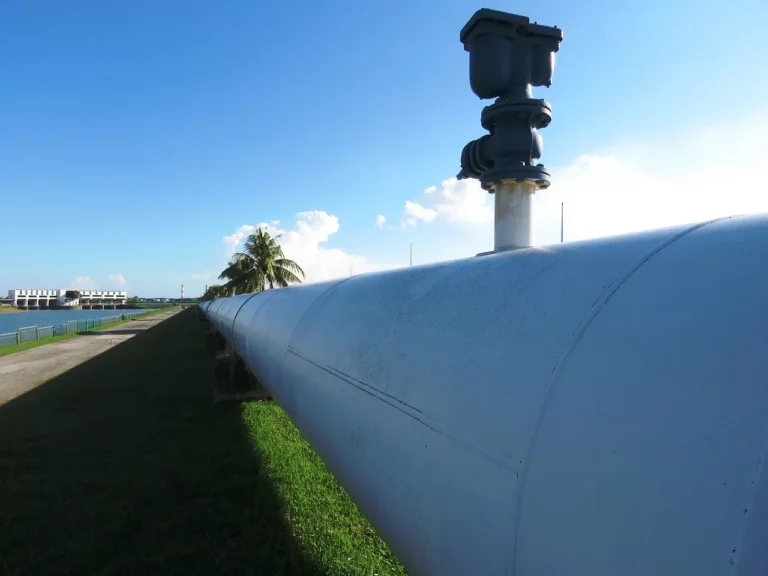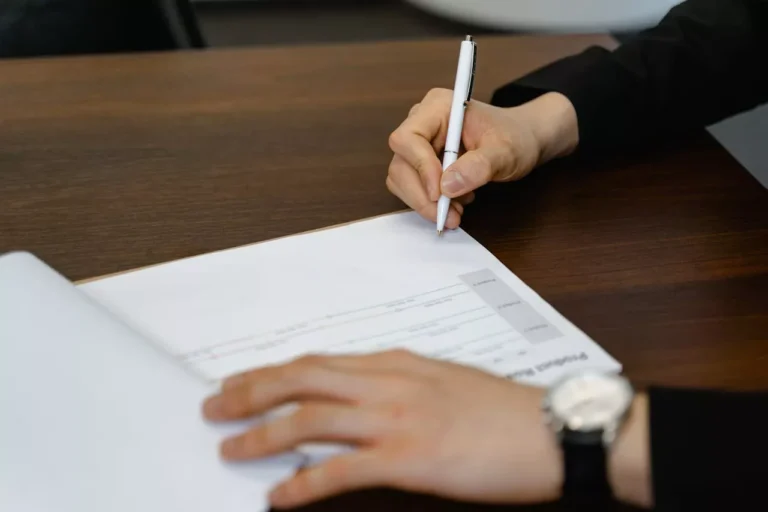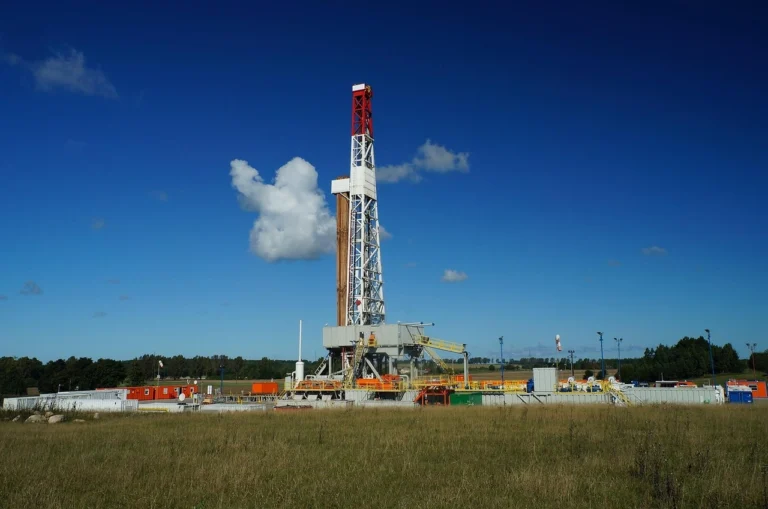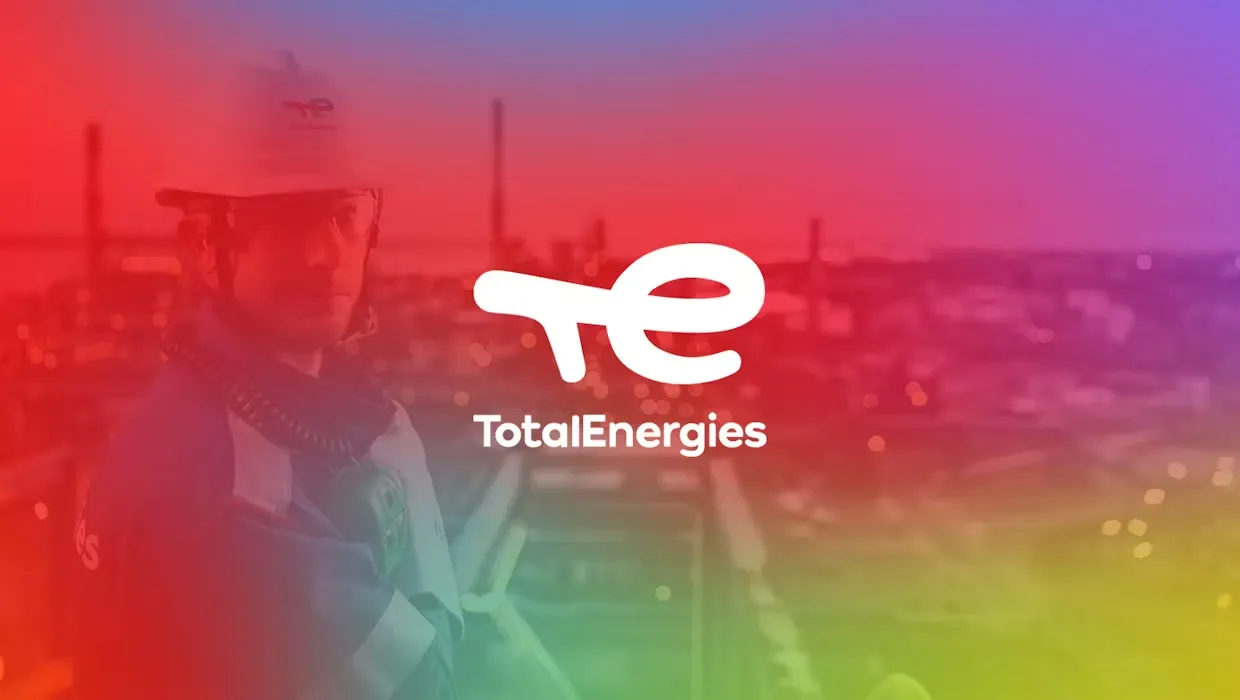
TotalEnergies and Partners Launch Final Phase of Iraq’s Gas Growth Integrated Project with Seawater Supply and Ratawi Oil Field Development
Patrick Pouyanné, Chairman and Chief Executive Officer of TotalEnergies (Paris: TTE), and His Excellency Saad Sherida Al-Kaabi, Minister of State for Energy Affairs of Qatar and President and CEO of QatarEnergy, held a high-level meeting in Baghdad with His Excellency Mohammed Shia al-Sudani, Prime Minister of Iraq, and His Excellency Hayan Abulghani, Iraq’s Minister of Oil and Deputy Prime Minister. The gathering marked a major milestone: the announcement of the start of construction for the Common Seawater Supply Project (CSSP) and the full field development of the Ratawi oil field. These projects represent the final two components of the Gas Growth Integrated Project (GGIP), one of the most significant energy undertakings in Iraq’s recent history.
Completion of the Multi-Energy GGIP Framework
The GGIP is a large-scale, multi-faceted initiative designed to transform Iraq’s energy system. Led by TotalEnergies with a 45% stake as operator, in partnership with Basra Oil Company (30%) and QatarEnergy (25%), the GGIP encompasses four interdependent pillars: natural gas, solar energy, oil development, and water management. With the launch of the CSSP and the Ratawi full field development, all four pillars are now officially in the execution phase.
The project highlights TotalEnergies’ global multi-energy strategy and its commitment to supporting host countries in balancing resource development, energy security, and environmental responsibility. In Iraq, the GGIP seeks to reduce the country’s dependence on imported energy, expand its domestic electricity generation capacity, and limit greenhouse gas emissions through better use of natural resources.
The Common Seawater Supply Project: Preserving Iraq’s Water Resources
At the heart of the newly launched initiatives lies the Common Seawater Supply Project. The CSSP will be constructed near Um Qasr, on Iraq’s southern coastline. The facility will process and transport up to five million barrels of seawater per day to the major oil fields in southern Iraq.
Currently, freshwater from the Tigris and Euphrates rivers, as well as groundwater aquifers, is being used to maintain reservoir pressure in oil fields. This practice puts enormous stress on the country’s water systems, which are already under strain from climate change, population growth, and agricultural demands. By replacing freshwater with treated seawater, the CSSP will significantly reduce this burden.
The project is expected to free up to 250,000 cubic meters of freshwater every day. This volume will be redirected to local agriculture and irrigation, strengthening Iraq’s food security while alleviating regional water scarcity. In this way, the CSSP not only supports energy production but also addresses one of Iraq’s most pressing environmental and social challenges.
Ratawi Oil Field Redevelopment: A Low-Emission Model
The second major development announced is the full-scale redevelopment of the Ratawi oil field. Work on the Ratawi field began in September 2023, with Phase 1 aiming to increase production to 120,000 barrels per day (bpd) by early 2026.
Phase 2, which has now officially commenced, will enable the field to reach a production capacity of 210,000 bpd by 2028. Importantly, the redevelopment is designed as a low-emission project with no routine flaring of associated gas. Instead, all of the 160 million cubic feet per day (Mcf/d) of associated gas will be captured and processed.
This will be made possible through the 300 Mcf/d Gas Midstream Project (GMP), construction of which began in early 2025. The GMP will process not only the Ratawi field’s associated gas but also flared gas from two other fields in southern Iraq. Once treated, the gas will be delivered into Iraq’s national grid, where it will supply power plants with the capacity to generate approximately 1.5 gigawatts of electricity. This is enough to power 1.5 million households, representing a transformative step forward for Iraq’s energy independence.
To ensure early benefits, an Early Production Facility capable of processing 50 Mcf/d of associated gas will be launched in early 2026, coinciding with the start of Phase 1 oil production at Ratawi.
A Showcase of Energy Transition in Practice
The GGIP has often been described as a showcase of TotalEnergies’ energy transition strategy, and the developments announced in Baghdad underline that vision. By combining oil redevelopment with gas recovery, solar power, and water management, the project represents a holistic approach to resource development. It aligns with global decarbonization objectives while delivering tangible economic and social benefits for Iraq.
Patrick Pouyanné emphasized this point during the announcement:
“We are delighted today to award the two final contracts of the Gas Growth Integrated Project, in particular the seawater treatment plant which has been long awaited by the oil industry in Iraq. In less than two years since the GGIP effective date in August 2023, TotalEnergies and its partners have fully executed their commitment towards the people of Iraq and launched all projects included in the multienergy GGIP project, the best showcase of TotalEnergies’ transition strategy.”
Pouyanné also highlighted the employment benefits: more than 7,000 Iraqi nationals will be engaged during the construction phase. Beyond job creation, the projects will contribute to Iraq’s economy by reducing fuel imports, expanding electricity supply, and fostering industrial development.


